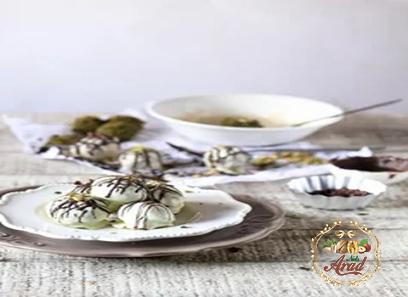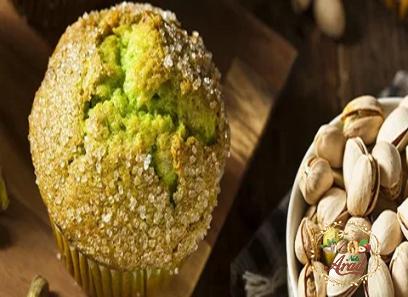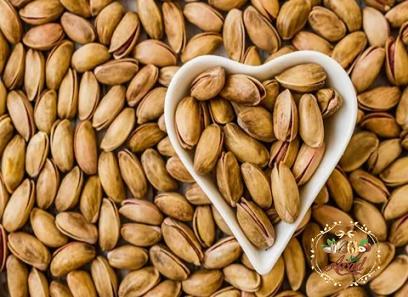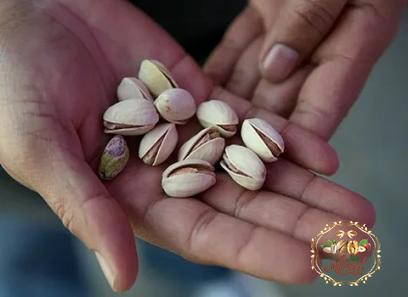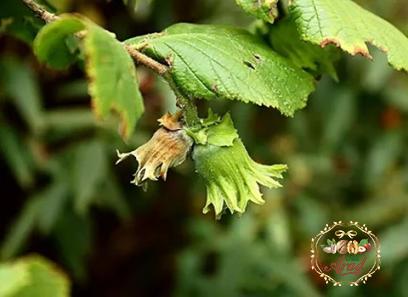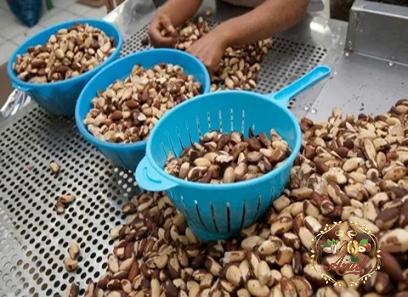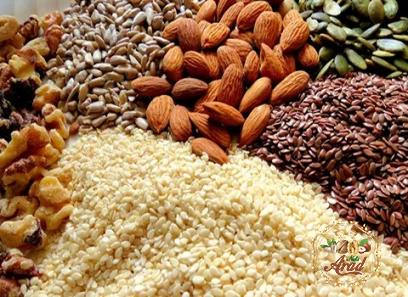Iranian pistachios, known for their exceptional taste, unique qualities, and high nutritional value, have suffered a hard blow as several countries around the world have imposed bans on their import. This article sheds light on this unfortunate situation, exploring the highest quality of Iranian pistachios that are now banned, the best types that enthusiasts will miss, and the distinctive features that have made them a sought-after delicacy.
The Highest Quality of Iranian Pistachios Banned:
Iranian pistachios have long been recognized as one of the finest quality nuts globally, rich in flavor and boasting a high nutritional profile. Known for their vibrant green color, these pistachios are characterized by their distinct taste, exceptional texture, and superior size. This ban has resulted in a significant loss for both Iranian farmers and consumers worldwide who relish the taste of these top-notch nuts. The ban has disrupted the traditional trade flow, putting the Iranian pistachio industry in jeopardy and leaving affected countries in search of alternatives.
The Best Types of Iranian Pistachios Banned:
Iran produces several types of pistachios, each with its own unique characteristics and flavor profiles. The most popular varieties affected by the bans include Kerman, Ahmad Aghaei, and Akbari pistachios.
1. Kerman Pistachios: Known for their large size, smooth skin, and exceptional taste, Kerman pistachios are a favorite among nut lovers. These nuts have a distinct buttery flavor and are often enjoyed in their natural form or incorporated into various culinary delights.
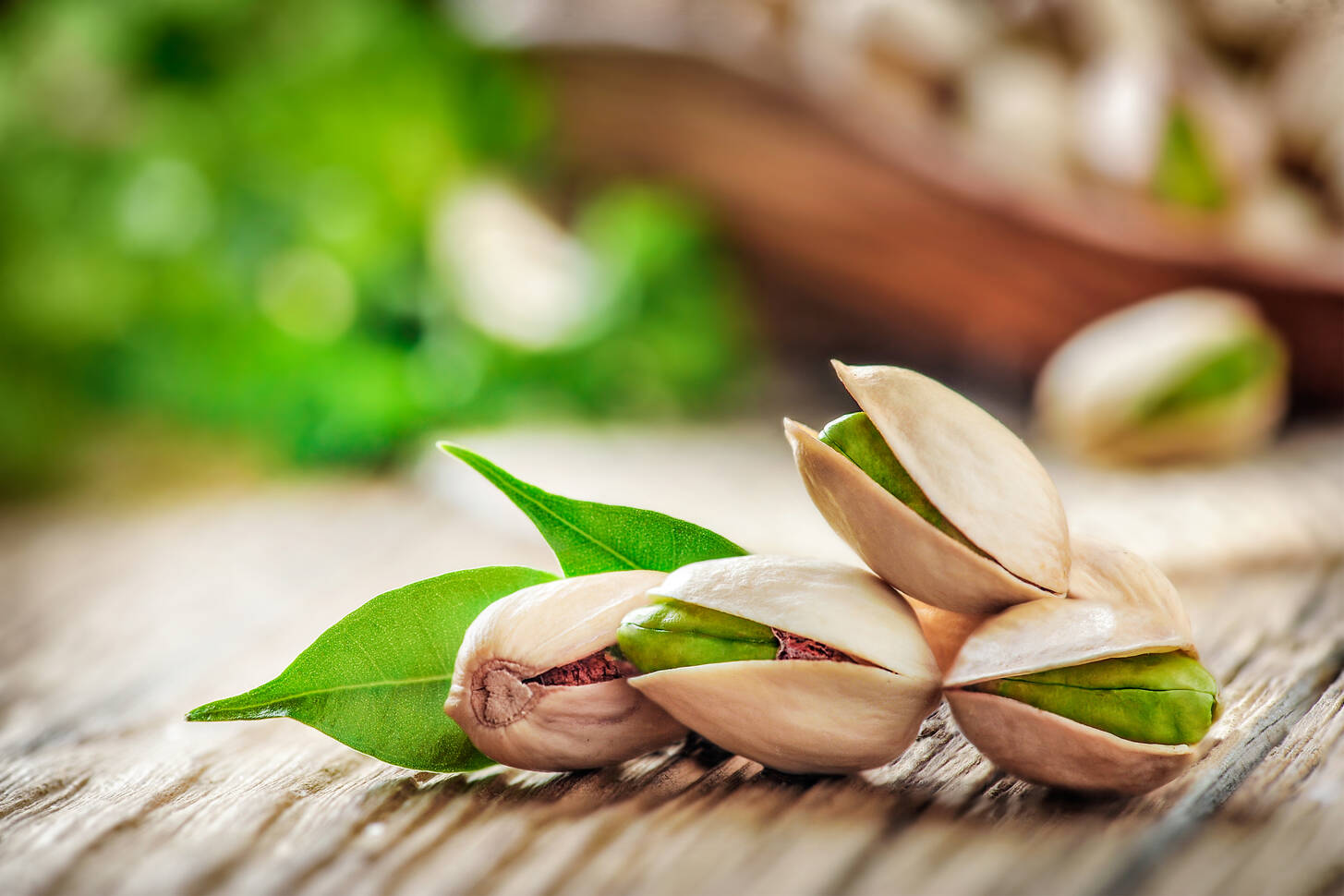
2. Ahmad Aghaei Pistachios: These pistachios are adored for their medium size and elongated shape. They boast a rich, sweet taste that lingers on the palate, making them a perfect snack option. From trail mixes to bakery goods, Ahmad Aghaei pistachios have been widely used in countless recipes worldwide.
3. Akbari Pistachios: Renowned for their long, slender kernels and bold flavor, Akbari pistachios are a prized variety. These nuts are exceptionally crunchy and possess a naturally sweet taste, making Akbari pistachios a preferred choice for confectionery, ice creams, and gourmet desserts.
Features of Iranian Pistachios Banned:
Besides their exceptional taste, Iranian pistachios also possess a myriad of unique features that set them apart from other varieties.
1. Nutritional Benefits: Iranian pistachios are a powerhouse of essential nutrients, antioxidants, and heart-healthy fats. Packed with vitamins, minerals, and dietary fiber, they provide an array of health benefits, including improved heart health, reduced cholesterol levels, and enhanced digestion.
2. Versatility: Iranian pistachios lend themselves well to various culinary applications. Whether used as a flavorful ingredient in savory dishes, a topping for salads and desserts, or as a standalone snack, these pistachios bring a delicious and crunchy dimension to any recipe.
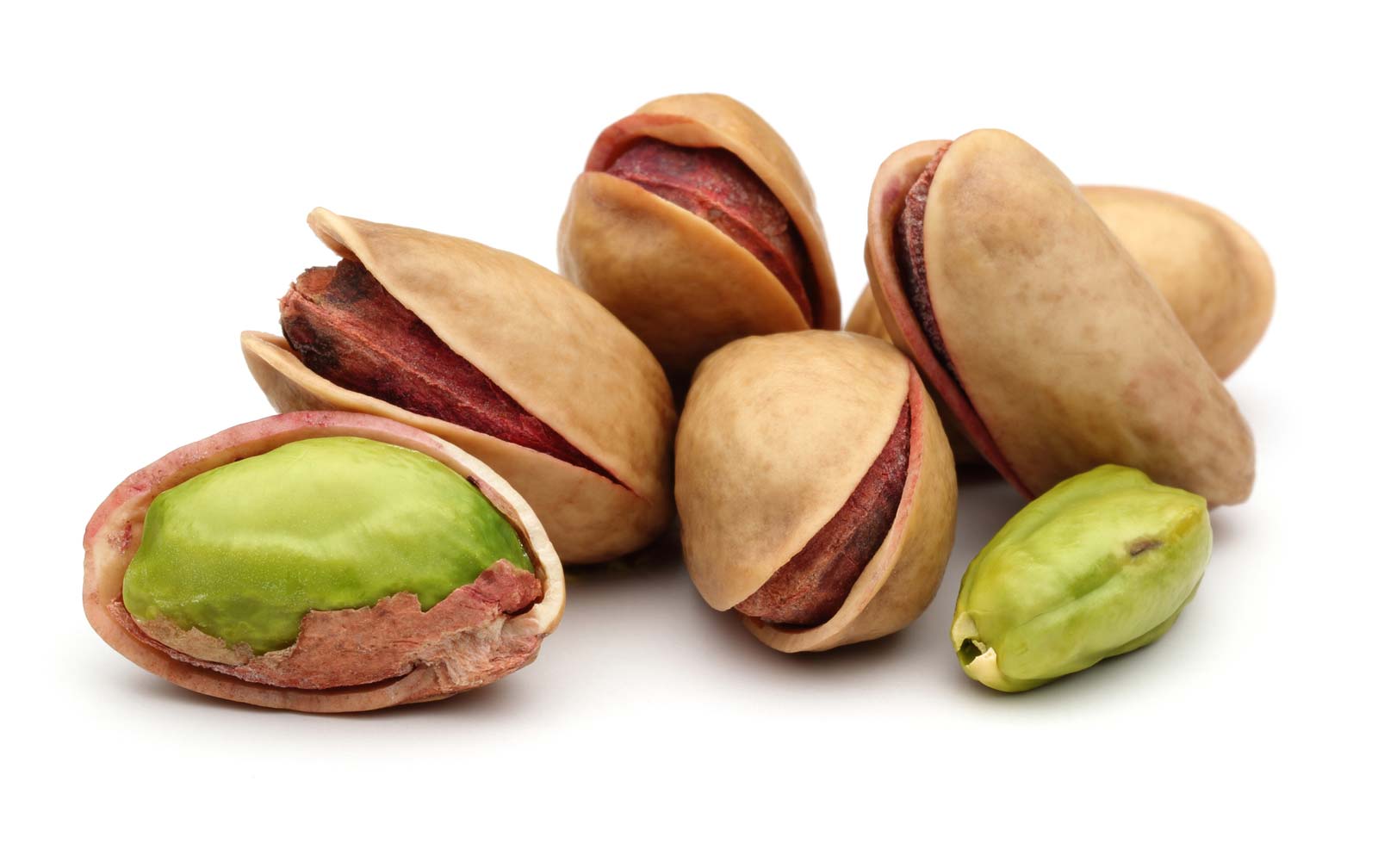
3. Global Demand: Prior to the bans, Iranian pistachios were exported to countless countries worldwide, satisfying the increasing demand from consumers who cherished their quality and unique attributes. The ban has disrupted the international supply chain, leaving space for alternative suppliers, but it also highlights the irreplaceable status of Iranian pistachios for loyal consumers.
Conclusion:
The ban on Iranian pistachios has dealt a severe blow to both the Iranian pistachio industry and fans of this renowned delicacy worldwide. Losing access to the highest quality nuts, the best varieties, and their distinctive features is a significant loss. It is hoped that the pertinent authorities can find common ground and resolve the concerns that have led to this unfortunate ban, thereby restoring the availability of these exceptional pistachios to global markets. Until then, enthusiasts will have to explore alternative options, but the void left by the absence of Iranian pistachios will not easily be filled.While the ban on Iranian pistachios has undoubtedly created challenges for both producers and consumers, it is essential to remember that the situation is not permanent. Efforts are underway to restore the import and distribution of Iranian pistachios, as industry experts and government officials work towards finding resolutions.
In the meantime, consumers are advised to seek out alternative sources for their pistachio needs. Several countries, such as the United States, Turkey, and Greece, produce high-quality pistachios that can serve as worthy substitutes. These alternatives may not have the exact taste and flavor profile of their Iranian counterparts, but they offer their own unique qualities and characteristics that can be equally enjoyable.
For enthusiasts who have a preference for Iranian pistachios, there may be limited options available in local markets or specialty stores. However, due to the ban, prices may be higher, and the availability may be limited. It is worth exploring these avenues if the desire for Iranian pistachios surpasses the challenges presented by the ban.
Furthermore, as the global market adjusts to the ban, it is an opportune time for other pistachio-producing countries to showcase their offerings. This can lead to increased awareness and appreciation for varieties that were previously overshadowed by the popularity of Iranian pistachios. Consumers may discover new favorites and develop a broader palate for pistachios from diverse origins.
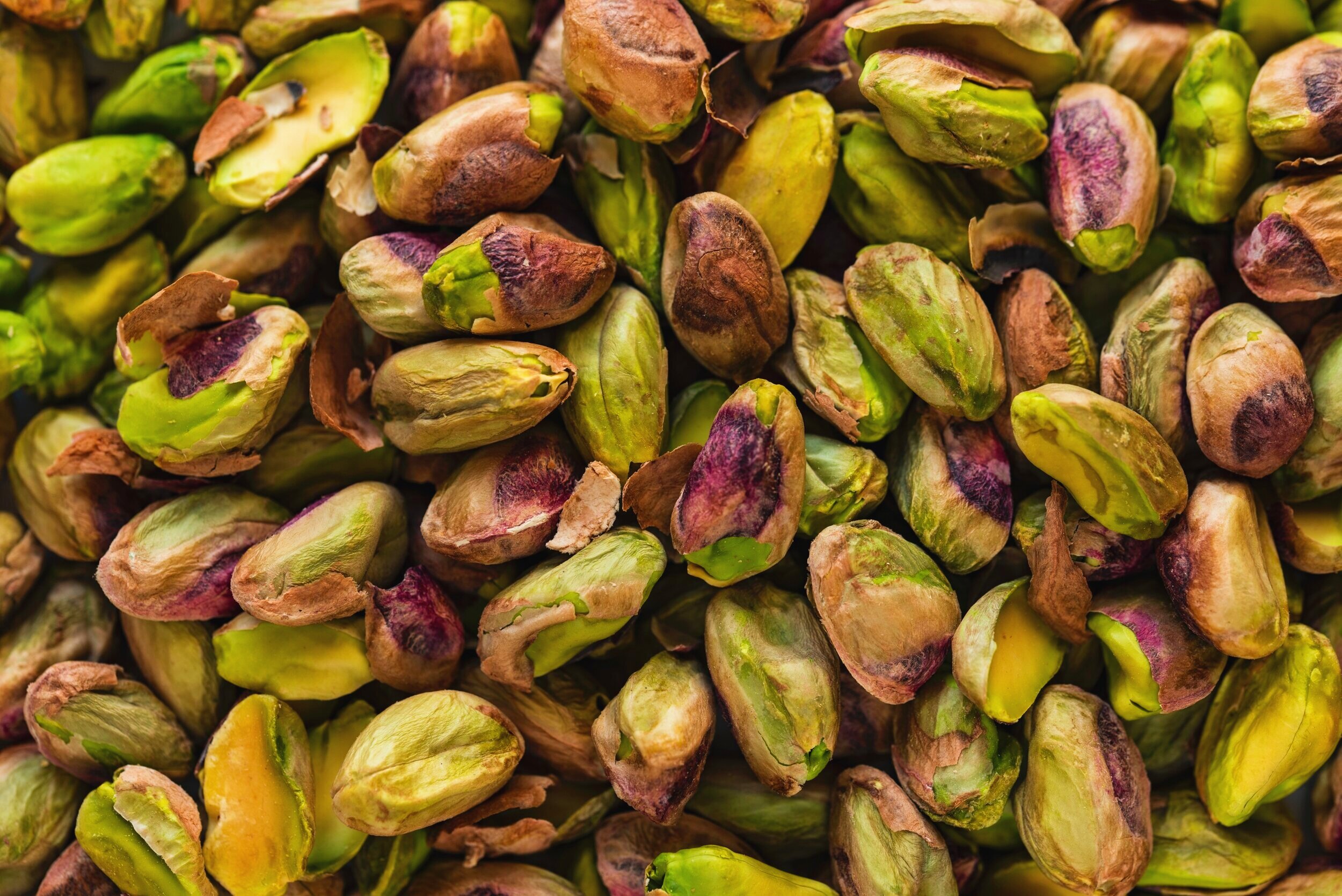
Importantly, stakeholders within the Iranian pistachio industry are actively engaged in dialogue and negotiations to resolve the issues that led to the ban. These discussions focus on addressing concerns related to quality assurance, compliance with international standards, and transparency in the supply chain. With concerted efforts and mutual cooperation, it is hopeful that a resolution can be reached, allowing Iranian pistachios to regain their esteemed status in global markets.
In conclusion, the ban on Iranian pistachios has created a void in the market, affecting both producers and consumers. The highest quality nuts, best types, and unique features that distinguished Iranian pistachios are sorely missed. However, the situation presents an opportunity for consumers to explore alternative varieties, appreciate the qualities offered by other pistachio-producing countries, and diversify their gustatory experiences. It is imperative for authorities involved to work towards resolving the ban, ensuring compliance with international standards, and reinstating Iranian pistachios as a valued player in the global nut industry. Ultimately, the restoration of Iranian pistachios will not only benefit the Iranian economy but also delight enthusiasts worldwide with their exceptional taste and distinctive characteristics.


